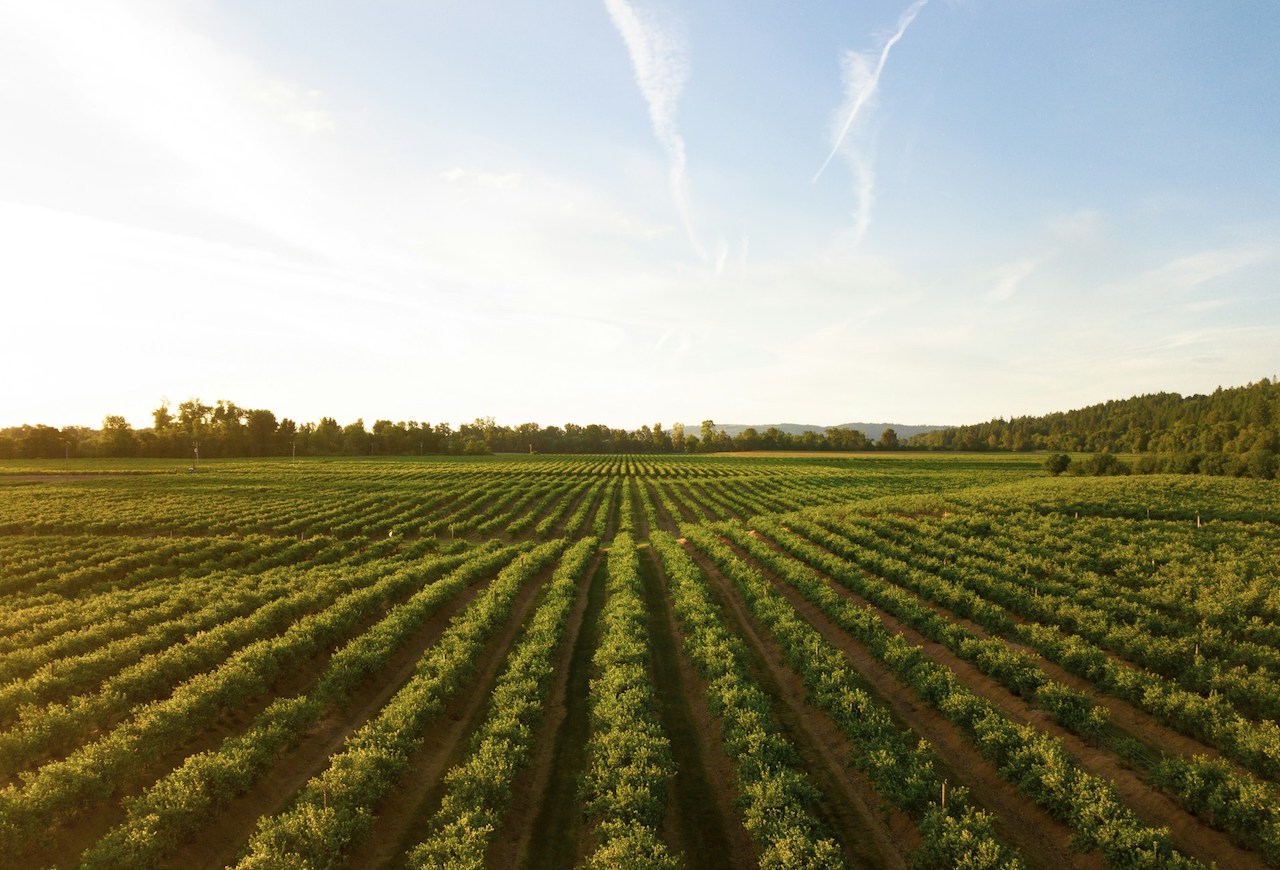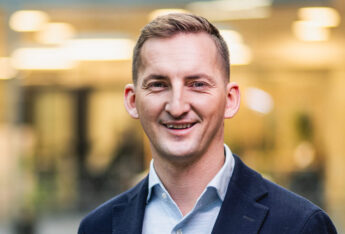
Artikel
28
maart
€50m regenerative agriculture fund gets EU backing
The private credit fund has received €20m from the European Investment Fund to support agricultural SMEs looking to decarbonise their businesses in Bulgaria, Latvia, Lithuania, Poland and Portugal.

HeavyFinance, a Lithuanian-based financial technology company, has received €20m in commitments from the European Investment Fund (EIF) for its €50m private credit fund aimed at supporting European agricultural small and medium-sized businesses in their shift to greener farming practices.
HeavyFinance, which operates as a marketplace connecting retail and institutional investors with European farmers in need of external funding to expand their operations and shift to regenerative agriculture, will use the fund to provide mid-term debt capital for small and medium-sized (SMEs) agricultural companies in Bulgaria, Latvia, Lithuania, Poland and Portugal.
Agricultural practices supported through the fund will include alternative soil-friendly techniques that sequester carbon and improve soil health, such as ‘no-till farming’ which uses no or limited cultivation machinery to prepare land for crops without disturbing the soil, a reduction in the use of synthetic fertilisers and the use of less polluting farming equipment.
The company also confirmed it was in talks with debt capital fund managers, pension funds, family offices and high-net-worth individuals to raise the remaining capital and it is hoped that the EIF commitments, which are backed by InvestEU, the EU’s funding programme for sustainable investment, innovation and job creation, will also help attract additional public and private investors to the fund.
“HeavyFinance is empowering European farmers to cultivate a more sustainable future,” said EIF chief executive Marjut Falkstedt. “With the support of the EIF and InvestEU, we are nurturing the growth of regenerative agriculture, contributing to decarbonisation, unlocking the potential of our land and fostering a more resilient planet.”
HeavyFinance aims to remove one gigaton of CO2 emissions through agricultural financing and to date has facilitated financing for more than 1700 agricultural ventures in Bulgaria, Latvia, Lithuania, Poland and Portugal.
Soil as a carbon sink
The EU has said that it recognises soil as a significant carbon sink and the agricultural industry as crucial to achieving the goal of climate neutrality by 2050.
A spokesperson for the European Commission told Impact Investor that the EU was working on several strategies to improve soil health and promote regenerative farming, including the EU Soil Strategy for 2030, which they said set out the long-term vision to have soil in “a healthy condition by 2050” and “to make protection, sustainable use and restoration of soil the norm”.
They said that a proposal for a soil monitoring law was also being considered alongside EU Mission Soil, a dedicated plan to develop, experiment and test innovations and management practices for soil health regeneration, in real life conditions and in close cooperation with end users, such as farmers as part of the Horizon Europe research and innovation programme. The spokesperson said there were also appropriate instruments under the Common Agricultural Policy which could be used to promote regenerative agriculture.
“In summary, the Commission sees regenerative agriculture as a key element in transforming Europe’s food system toward sustainability, particularly in promoting soil health and ecosystem services,” they said.
According to recent research led by Jacqueline McGlade, chief scientist for Downforce Technologies, a commercial organisation that sells soil data to farmers, better agricultural techniques could result in storage of 31 gigatonnes of carbon dioxide annually, a fraction off plugging the 32 gigatonnes carbon gap required to keep the world within 1.5C of global warming.
The HeavyFinance fund aims to remove 0.376 tons of carbon dioxide equivalent per year for every €1000 invested, which the EIF said was aligned with its own climate action and environmental sustainability guidelines.

“Farmers are facing unprecedented challenges due to climate change, but they are also at the forefront of finding innovative nature-based solutions,” said HeavyFinance CEO and founder Laimonas Noreika. “This fund represents a crucial step in HeavyFinance’s commitment to eliminating one gigaton of carbon dioxide from the atmosphere by 2050.”
Agricultural financing gap
Noreika told Impact Investor that farmers across the EU faced a lot of challenges, including soil degradation, more frequent floods and droughts, workforce shortages as well as very low access to capital.
He pointed to an EU report published last October, which estimated that the financial gap in the EU’s agricultural sector exceeded €62bn.
“The vast majority of it is attributed to small and medium-sized farms that struggle to get loans from traditional financial institutions,” he said. “We bring a fresh perspective of a farmer-friendly financial institution that combines finance with soil sampling and insights from international agronomists to improve the soil and financial state of the farm.”
HeavyFinance provides loans of €10,000 to €70,000 that Noreika said “many traditional financial institutions can only issue at negative profitability due to their administrative burden and additional costs”.
Established in 2020, HeavyFinance has enabled more than €50m in agricultural loans to promote sustainable practices, modernise equipment and increase working capital in agriculture and issued more than 1700 loans to farmers facing barriers to financing from traditional institutions to help them advance their transition to more sustainable agriculture.
What's your reaction ?
Follow us on Social Media
Some Categories
Recent posts

July 27, 2024
Nieuwe kabinetsvisie: samen sterker tegen cyberdreigingen

July 24, 2024
Navigating AI Implementation: Try these strategies to overcome resistance.

July 24, 2024
Sick Leave Policy Netherlands Guidance for HR and Entrepreneur.

July 24, 2024
CSRD Reporting: Mandatory Reporting on Corporate Sustainability.

July 24, 2024
Training Budget: Investing in Employee Development.

 Inloggen
Inloggen
 Registreren
Registreren






Comments (0)
No reviews found
Add Comment